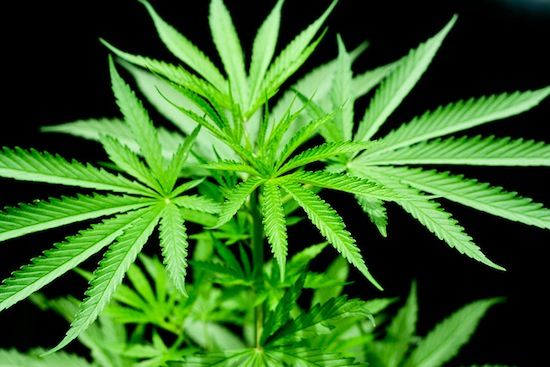
All iLive content is medically reviewed or fact checked to ensure as much factual accuracy as possible.
We have strict sourcing guidelines and only link to reputable media sites, academic research institutions and, whenever possible, medically peer reviewed studies. Note that the numbers in parentheses ([1], [2], etc.) are clickable links to these studies.
If you feel that any of our content is inaccurate, out-of-date, or otherwise questionable, please select it and press Ctrl + Enter.
Hemp doesn't reduce pain, it makes it bearable
Last reviewed: 01.07.2025
Scientists have found that the psychotropic ingredients in cannabis do not reduce the intensity of pain, but make it more bearable.
Experts from Oxford University conducted research and found that the psychotropic ingredients contained in cannabis do not have the ability to reduce the intensity of pain, but only dull it.
Scientists conducted brain scans that allowed them to see that THC (Tetrahydrocannabinol), a component of cannabis found in hemp leaves, reduced activity in areas of the brain associated with the emotional aspects of pain and suffering. In some study participants, the pain-relief effect was quite high.
"It appears that the effects of cannabis are not comparable to traditional painkillers. This is because people respond to it in different ways: some respond very well to it, some respond poorly to it, and some do not respond at all," said lead author Dr Michael Lee.
"When we looked at brain activity, we saw small reductions in the areas of the brain that code for pain. Marijuana mainly affects the emotional response that pain causes," says Dr. Lee.
Chronic pain, unexplained, is one of the most complex problems of modern medicine. In order to alleviate the patient's pain, various approaches and methods are often used to reduce its intensity. These methods include physiotherapy, drug treatment and psychological support provided to the patient.

When none of the above methods are effective, some patients may benefit from cannabis or medications that include cannabis components. However, it is reported that the use of such products may have little effect and may also cause side effects.
The study involved 12 healthy men. The subjects took either 15 mg of THC or a placebo. Then a special cream was applied to the volunteers' skin that caused pain. One group received a cream that had no effect and did not cause pain, while the others were given a cream that contained chili pepper, which caused a strong burning sensation.
The experiment was performed three times in order to study the condition of each patient. Also, for each combination, each patient had four MRI tests.
"All participants reported feeling pain and discomfort from the cream. Each volunteer reported how much the pain bothered them and how that feeling changed," the researchers said. "We were able to find out that THC does not affect the body in any way, but it does provide some relief from pain."
Scientists do not rule out the possibility that cannabis may be used as an effective pain reliever, but this requires additional research.

 [
[